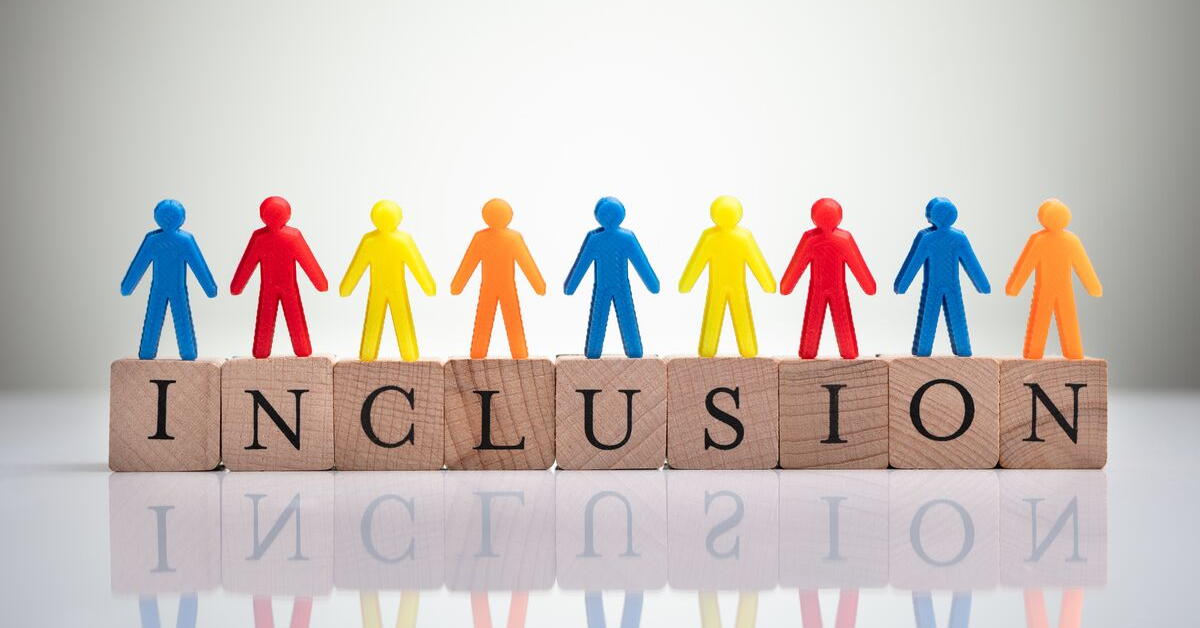<span class=„embedExternal embedImage display-large float-none“ data-embedjson=„{„url“:„https://us.v-cdn.net/6032412/uploads/Q9DRQBIIWHJ9/untitled-design-8.png“,„name“:„Untitled-design-8.png“,„type“:„image/png“,„size“:588306,„width“:1200,„height“:628,„displaySize“:„large“,„float“:„none“,„embedType“:„image“}“>

The Convention on the Rights of Persons with Disabilities (CRPD) recognizes the importance of accessible voting methods and information to ensure that persons with visual impairments can participate fully in the democratic process. Here's how accessible voting methods and information play a crucial role in this context:
- Article 3 - General Principles: This article outlines several principles, including the principle of equality and non-discrimination. Accessible voting methods and information are essential to ensure the equal participation of persons with visual impairments and prevent discrimination on the basis of disability.
- Article 5 - Equality and Non-Discrimination: Article 5 explicitly states that all persons are equal before and under the law, and are entitled to the equal protection and benefit of the law. Providing accessible voting methods and information is a fundamental element of ensuring equality and non-discrimination in the democratic process.
- Article 29 - Participation in Political and Public Life: Article 29 specifically addresses the right of persons with disabilities to participate in political and public life. It includes provisions related to the accessibility of polling stations and materials. While it doesn't detail specific voting methods, it emphasizes the importance of removing barriers to participation.
- Article 9 - Accessibility: Article 9 of the CRPD is particularly relevant to accessible voting methods and information. It requires that States Parties take appropriate measures to ensure that persons with disabilities have access to information and communications, including information related to elections and voting.
- Article 12 - Equal Recognition before the Law: This article emphasizes that persons with disabilities have the right to recognition as persons before the law. Ensuring that voting processes are accessible and that persons with visual impairments can participate fully is a crucial aspect of recognizing their legal personhood.
- Article 30 - Participation in Cultural Life, Recreation, Leisure, and Sport: Although not directly related to voting, Article 30 reinforces the right of persons with disabilities to participate in all aspects of cultural and social life. This includes participating in civic and political life, highlighting the importance of inclusive voting practices. Let me emphasize that, While the CRPD doesn't provide a specific article addressing accessible voting methods and information, it lays the foundation for these principles by emphasizing equality, non-discrimination, accessibility, and full participation in political and public life for persons with disabilities, including those with visual impairments.